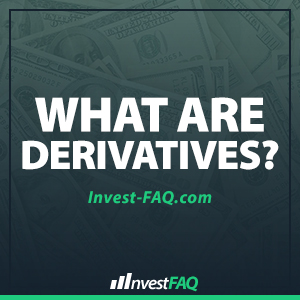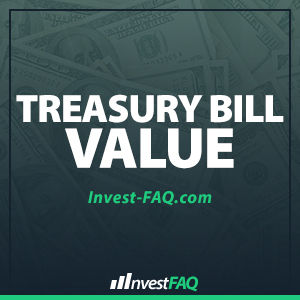A futures contract is an agreement to buy (or sell) some commodity at a fixed price on a fixed date. In other words, it is a contract between two parties; the holder of the future has not only the right but also the obligation to buy (or sell) the specified commodity. This differs sharply from
Exchange Traded Notes
Exchange Traded Notes (ETNs) are a derivative issued by banks to track the performance of some market index. Like a stock or exchange-traded fund, an ETN trades daily on an exchange. These derivatives were first issued in 2006 by Barclays Bank and now are issued by many different banks. An ETN has some similarities to
What is the Black-Scholes Option Pricing Model?
The Black Scholes Model is an approach for calculating the value of a stock option. This article presents some detail about the pricing model. The Black and Scholes Option Pricing Model didn’t appear overnight, in fact, Fisher Black started out working to create a valuation model for stock warrants. This work involved calculating a derivative
What are Derivatives?
A derivative is a contract with financial performance that is derived from the performance of something else. That “something else” is an underlying asset commonly termed “the underlying” and may be another financial instrument, another derivative, or an index of some kind. An example is a call option on a stock, in which the option
Market Index Linked CD (MILC)
A market index linked CD (MILC) is a combination of a CD and a stock-market investment. These instruments seek to add the possibility of great returns to the security of CDs. They do this by pegging the interest rate paid by the CD to the performance of some stock-market index (i.e., they are linked to
Certificate of Deposit (CD)
What is a Certificate of Deposit (CD)? A Certificate of Deposit (CD) is financial instrument purchased from a bank or savings & loan for some amount of money that requires the bank to pay you a fixed interest rate on that money for a fixed term. For example, you might buy a 30-month CD paying
Zero-Coupon Bond
What is a Zero Coupon Bond?Contents A Zero-coupon bond is a debt instrument that has no coupons and pays no interest payments because the interest payments are built into the purchase price and face value of the bond. But at maturity, the issuer promises to redeem the bond at face value. Obviously, the original cost
U.S. Treasury Bill Value
The current value of a U.S. Treasury Bill can be found using the Wall Street Journal. Look in the WSJ in the issue dated the next business day after the valuation date you want, specifically in the “Money and Investing” section under the headline “Treasury Bonds, Notes, and Bills”. There you need to look for
U.S. Savings Bonds for Education
Can You Use Savings Bonds to Pay for College?Contents You can use your U.S. Savings Bonds towards your child’s education and exclude all the interest earned from your federal income. This is sometimes known as the Tax Free Interest for Education program. Here are some basics on how the Education Savings Bond program works. You
U.S. Savings Bonds
This article describes US Savings Bonds issued by the US Treasury, and discusses how they can be purchased or redeemed. Because the US Treasury changes the rules for these bonds periodically, this article also gives some information about determining the yields of bonds issued over the past 30 years. What Are Savings Bonds?Contents US Savings










